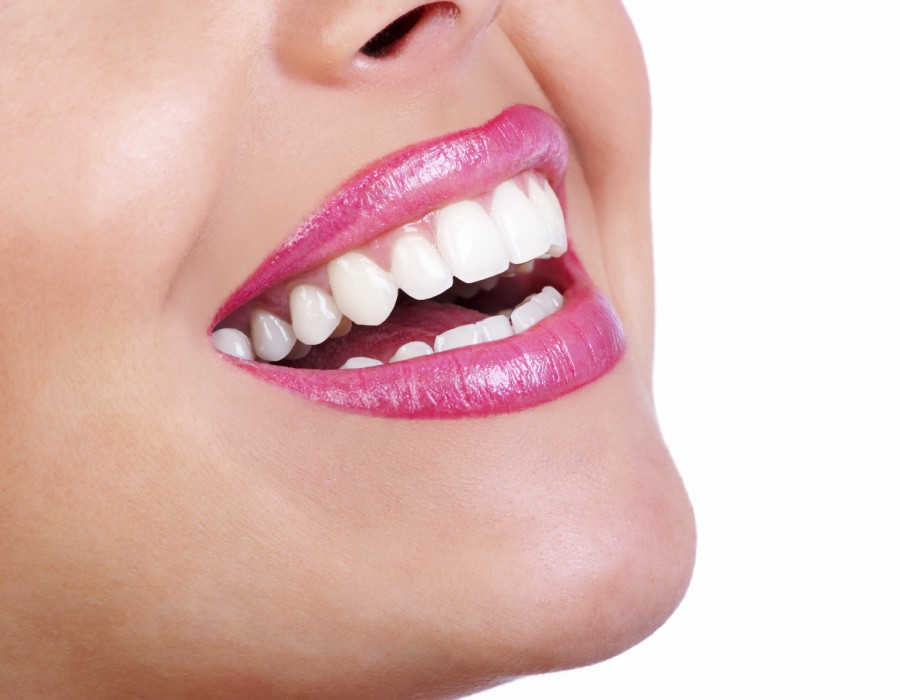In today's image-conscious world, many teenagers seek ways to improve their appearance, including Teeth Whitening Dubai. A bright, white smile is often associated with confidence and good oral hygiene, making professional and at-home whitening treatments increasingly popular among young people. However, is teeth whitening suitable for teenagers? This article explores the benefits, risks, and considerations of teeth whitening for teenagers.
Understanding Teeth Whitening:
Teeth whitening is a cosmetic procedure that involves the use of bleaching agents such as hydrogen peroxide or carbamide peroxide to lighten the shade of teeth. Whitening treatments come in different forms, including:
- Professional in-office whitening – Conducted by a dentist, providing fast and effective results.
- At-home whitening kits – Available over the counter or prescribed by a dentist, including whitening strips, trays, and gels.
- Whitening toothpaste and mouthwashes – Contain mild abrasives or bleaching agents for gradual whitening.
While these methods are widely used by adults, their suitability for teenagers requires careful evaluation.
Is Teeth Whitening Safe for Teenagers?
The safety of teeth whitening for teenagers is a topic of debate among dental professionals. The American Dental Association (ADA) and other experts recommend caution, as a teenager’s teeth and gums are still developing. Some key concerns include:
Enamel Sensitivity:
Teenagers have softer and more porous enamel compared to adults, making them more susceptible to tooth sensitivity and discomfort after whitening procedures.
Gum Irritation:
The bleaching agents used in whitening treatments can cause irritation to the gums, especially if the product is misused or left on for too long.
Uneven Whitening Results:
Since teenagers’ teeth are still maturing, they may not respond uniformly to whitening treatments, leading to uneven shades.
Long-Term Effects:
The long-term impact of repeated whitening treatments on young teeth is not fully understood. Frequent exposure to bleaching agents could weaken the enamel over time.
At What Age Can Teenagers Whiten Their Teeth?
Most dental professionals recommend waiting until at least 16 years of age before undergoing any form of teeth whitening. By this age, the permanent teeth have fully developed, reducing the risk of sensitivity and other complications. Younger teenagers, especially those with baby teeth or mixed dentition, should avoid whitening treatments.
When Should Teenagers Consider Teeth Whitening?
Teenagers might consider whitening treatments in certain situations, such as:
- Stains from braces – Some teens may experience discoloration after removing braces.
- Extrinsic stains – Surface stains from food, drinks, or habits like excessive soda consumption.
- Mild discoloration – Some teens may have naturally yellowish teeth and seek a brighter smile.
However, before starting any whitening treatment, it is crucial to consult a dentist for professional guidance.
Safe Teeth Whitening Alternatives for Teenagers:
For teenagers who want to improve their smile without the risks associated with bleaching agents, there are several safe alternatives:
Good Oral Hygiene:
Maintaining a consistent oral hygiene routine, including brushing twice daily with fluoride toothpaste, flossing, and using a mouthwash, can prevent and reduce staining.
Whitening Toothpaste:
Non-abrasive whitening toothpaste can help remove surface stains without damaging the enamel.
Dietary Changes:
Avoiding staining foods and drinks such as coffee, tea, and soda can prevent discoloration. Drinking water after consuming pigmented foods can also help.
Professional Cleaning:
Regular dental cleanings can remove plaque and minor stains, naturally enhancing the brightness of teeth.
Professional vs. At-Home Whitening for Teens:
If a teenager is deemed suitable for Teeth Whitening in Dubai, the choice between professional and at-home treatments depends on several factors:
Professional Whitening:
- Conducted under the supervision of a dentist.
- Uses stronger bleaching agents for faster and safer results.
- Reduces the risk of uneven whitening and gum irritation.
- More expensive than at-home options.
At-Home Whitening:
- More affordable and convenient.
- Lower concentration of bleaching agents.
- Higher risk of improper application leading to sensitivity and irritation.
- Results take longer to appear.
For teenagers, professional supervision is highly recommended to minimize risks and ensure safety.
Conclusion:
Teeth whitening is a popular cosmetic enhancement, but it is not always suitable for teenagers. Factors such as enamel sensitivity, gum health, and age should be carefully considered before undergoing any treatment. Consulting a dentist is crucial in making an informed decision, ensuring a safe and healthy approach to achieving a brighter smile. By prioritizing dental health and adopting preventive measures, teenagers can maintain naturally white and healthy teeth without unnecessary risks.





Comments